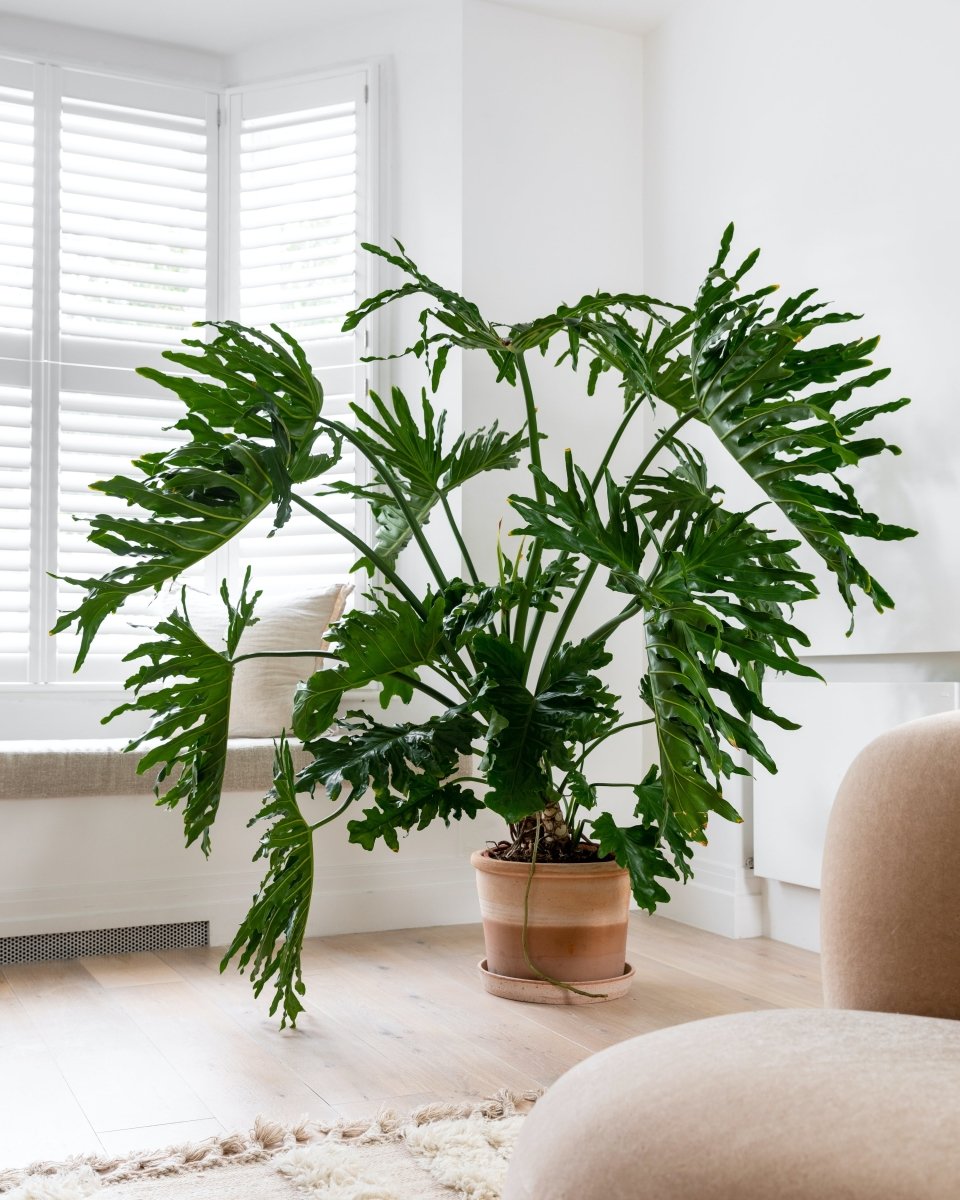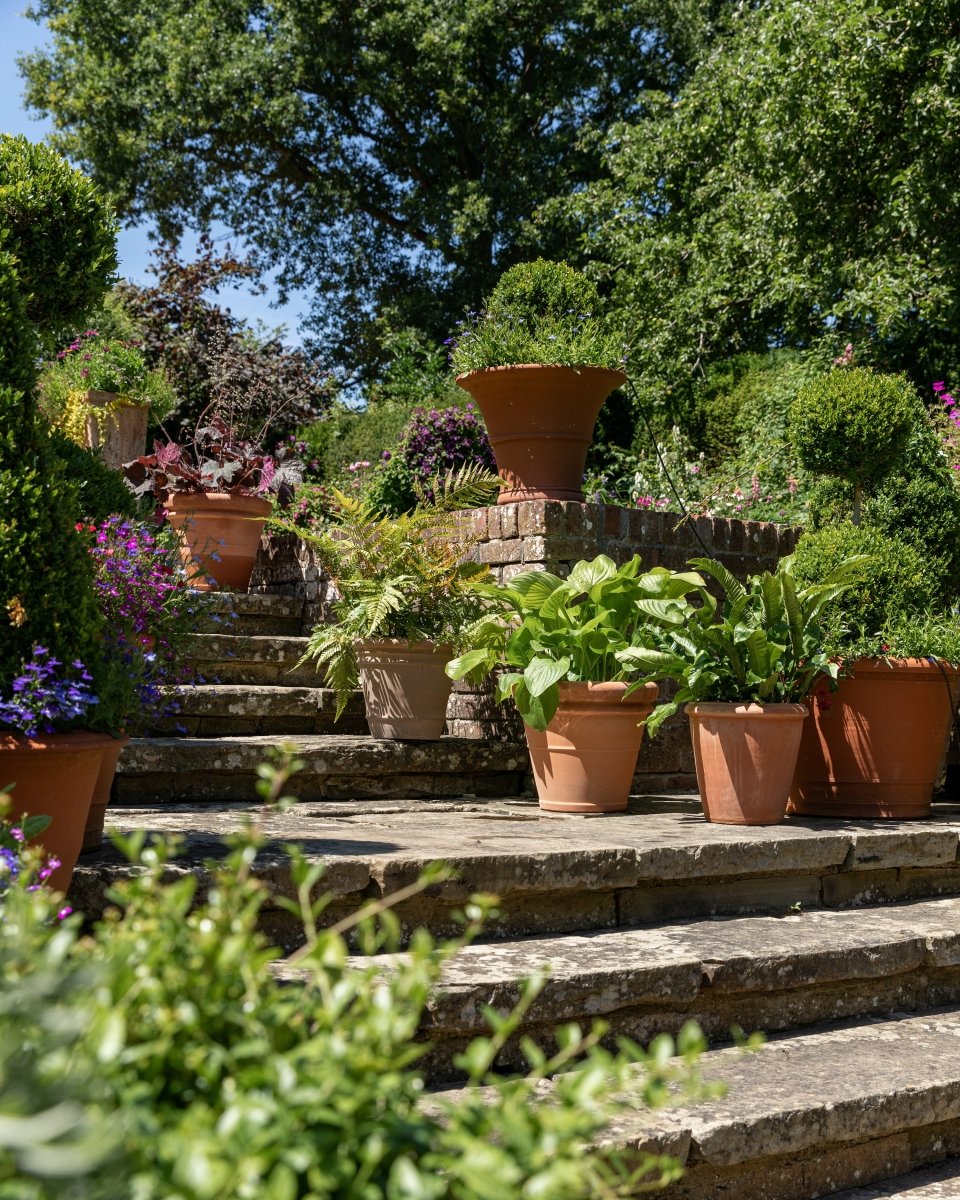Caring for a Philodendron Selloum (commonly called "Tree Philodendron" or "Hope Philodendron") is relatively straightforward. Here’s a guide to keep it thriving:
1. Light
- Indirect Sunlight: Philodendron Selloum prefers bright, indirect light but can tolerate lower light conditions. Avoid direct sunlight, as it may scorch the leaves.
2. Watering
- Consistent Moisture: Water the plant when the top 2-3 cm of soil feels dry. It enjoys consistent moisture but doesn't like soggy soil, which can lead to root rot.
- Reduce in Winter: During colder months, water less frequently as the plant's growth slows.
3. Humidity
- Higher Humidity Levels: As a tropical plant, it loves humidity. Aim for around 60% humidity if possible.
- Mist the Leaves: Occasional misting or using a humidity tray can help if the air is dry.
4. Temperature
- Ideal Range: Keep the temperature between 18–27°C. Avoid temperatures below 13°C, as cold drafts can harm the plant.
5. Soil
- Well-Draining Soil: Use a rich, well-draining potting mix, ideally one that retains moisture but doesn’t stay too wet (a peat-based or aroid soil mix works well).
6. Fertilising
- Monthly in Spring/Summer: Feed with a balanced, water-soluble fertiliser monthly during the growing season (spring and summer).
- Skip or Reduce in Winter: When the plant isn't actively growing, cut back on feeding.
7. Pruning
- Remove Yellow Leaves: Trim off any yellow or dying leaves to encourage new growth and keep the plant looking its best.
- Shape as Needed: Regular pruning can help control the size if it's becoming too large.
8. Repotting
- Repot Every 1-2 Years: When it outgrows its pot, typically every one to two years, move it to a slightly larger pot with fresh soil to allow continued growth.
9. Pests and Problems
- Inspect Regularly: Keep an eye out for common pests like spider mites, mealybugs, or aphids. Wipe down the leaves and use insecticidal soap if needed.
- Watch for Yellowing: Overwatering or poor drainage can lead to yellow leaves, which could be a sign to adjust watering or check root health.





















